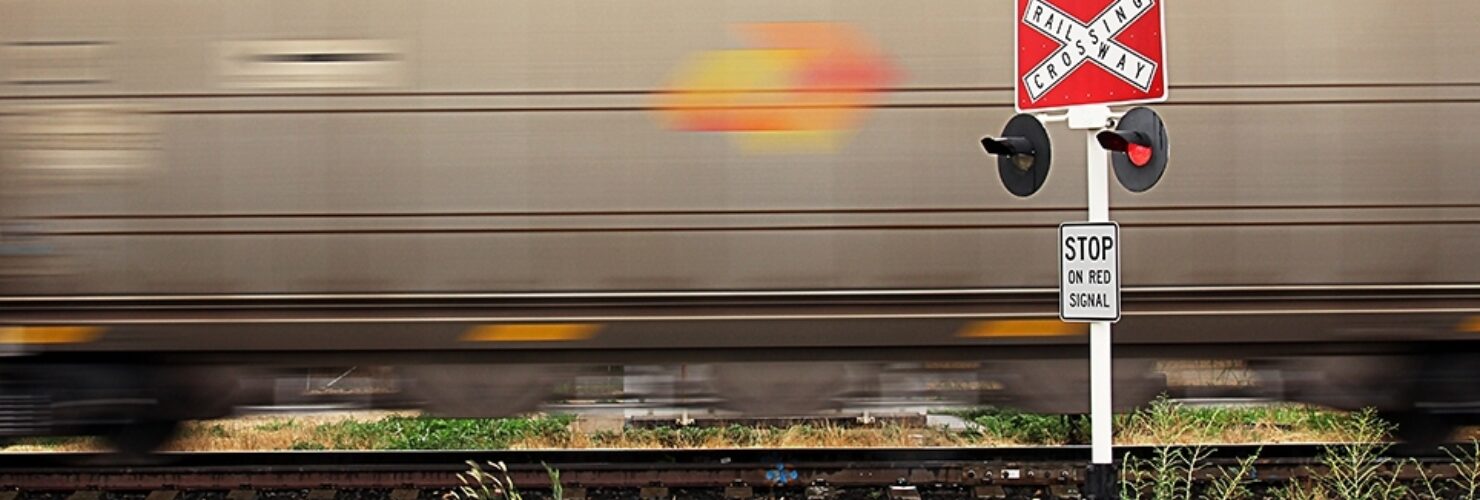Thursday, May 21, 2020
Regulating during COVID-19 - Freight
Regardless of the current circumstances, the principles of risk management, risk control, and active supervision continue to be a legal and critical requirement even if there is a need to perform work in different conditions.

When governments enforced the COVID-19 lockdowns earlier this year, regulators in all sectors were forced to revise their approaches – ONRSR was no different.
The national rail safety regulator had to reconsider whether the audits and inspections planned were still relevant to operators’ current risk profiles, while simultaneously considering how we keep our rail safety officers (RSO) safe on the job. Regardless of the current circumstances, the principles of risk management, risk control, and active supervision continue to be a legal and critical requirement even if there is a need to perform work in different conditions.
Rail in Australia has continued to operate almost as business as usual during this unprecedented time. Rail transport is critical for carriage of essential workers and for the transportation of freight. While metropolitan and country rail services have seen a decrease in patronage, the freight sector saw an initial surge in demand and increased pressure on operations.
Load irregularities in the freight industry has been a priority for ONRSR over several years. In Australia we see some of the heaviest and longest freight trains in the world, many reaching 2.5 kilometres in length and with over 40 tonne axle load capacity limits. We see an array of different freight including coal, containerised freight and Australian made steel loaded onto specially designed wagons. The longitudinal forces have a considerable impact on the ride quality and wagon integrity, which increase the risk of load irregularities.
In addressing this issue, our RSOs would usually seek to interact with operators face to face. As this isn’t always possible right now we are having to rethink how to address the risks presented by COVID-19 - for both our RSOs and rail transport operators’ staff.
We have been reviewing our freight operators’ safety management systems, ensuring we understand what compliance looks like and creating a plan to monitor trains on the main line right across the country. Taking advantage of our full national status, our team of RSOs will continue to observe operations and enforce Rail Safety National Law from each of our offices while social distancing and taking all the necessary precautions.
ONRSR will be maintaining its presence not just within the online environment, but also in the field where safe and appropriate to do so. It is important operators are aware we are maintaining a physical presence on site in the event a request is made by an ONRSR RSO.
In this context, we are maintaining a regulatory presence and continue to work with you to ensure that our industry is maintained safely during this challenging time.